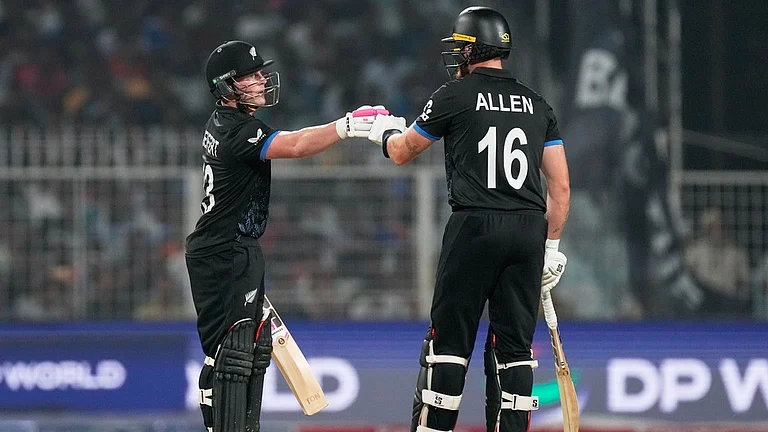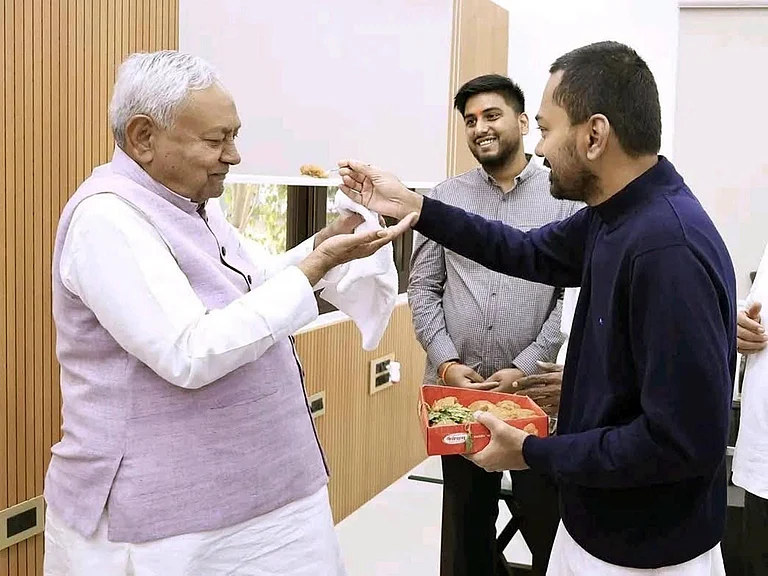The PDP-BJP alliance government in Kashmir has fallen after just three years of being in power. That the BJP has pulled out is nothing but an admission of failure on their part and on the part of the government of India. It is, finally, an admission of the fact that theirs was an unlikely combination from the very beginning. They were simply pulling along without even a semblance of governance being offered to people in Kashmir.
I am in Srinagar today, as I have been so often in recent months, and it is so evident that there is relief among the people that this alliance is over. There was massive opposition here to the way the state was being run. All the people I have met here were unhappy with the PDP-BJP government. Not merely unhappy with some general governance deficit, but with the fact that the coalition had done absolutely nothing of what it had promised to.
It is my understanding that ex-J&K CM Mehbooba Mufti has paid a very high price for having undertaken this alliance with the BJP. She was the head of this government so, naturally, she has to take the responsibility for what has happened, but there is more to it. As someone told me, after three years in this alliance, Mehbooba has been left only with debits in her account and absolutely nothing to her credit. The BJP has exploited her for all they could and then they have left her in the lurch.
This, and the fact that nobody is sorry at the demise of this government, is one part of the story. The other aspect is that everybody here is looking at the BJP’s withdrawal of support and its exit from J&K as a strategy by the government of India and the BJP from the point of view of the 2019 Lok Sabha elections. Everything the BJP and the Centre have been doing here, whether you talk about engineering the Hindu-versus-Muslim conflict, or the Jammu-versus-Kashmir conflict, fits into that strategy. This is why, I find, even people in Jammu are happy that this government has fallen. For, even in Jammu, there has been a great deal of disenchantment against them.
The other implication of this development is that it has given rise to apprehensions here that the government of India will now pursue a harder policy as far as Kashmir is concerned. People are telling me that they feel now the time for suspension of (anti-terrorism) operations in the region is gone and the Centre will turn towards an all-out operation. Some think that this time the government of India will be directly in charge of this all-out strategy. This is likely to be the government’s approach now that the ceasefire is over. What they don’t understand is that this approach has its negatives and its positives. Both the government of India and the BJP seem to be hoping that they will enjoy all of the pluses that arise from it and will have to face none of the after-effects of its minuses. What this type of thinking actually results in is still to be seen.
Another aspect they don’t seem to realise is that there has to be a sense of timing to everything. Last year, just before Ramzan I had made this suggestion to the government that there should be dialogue, negotiations and as part of that, suspension of operations. But at that time the government of India did not yield to my advice. If they had listened at that time then today we would not have come to this situation.
People tell me that this government was doomed to fail from the very beginning. This is because the government of India did nothing to implement what it had assured people of. It kept not even a single one of the commitments it had made. It is also true that this step fits into the bigger strategy of the BJP for 2019.
Any democratically-elected government is better than having central rule in a state, but even more importantly for Kashmir, the buffer that existed in this region is now gone. I mean here the buffer that existed between the government of India and the people of Kashmir. This was a role that the PDP and Mehbooba Mufti had been playing. Now, for anything that goes wrong here, for everything (untoward) that happens, it is the government of India that will be directly blamed. Mufti Mohammad Sayeed is no longer alive but had he been, I’m sure he would have played this game differently. After all, he was a mature politician.
(As told to Pragya Singh)
(Yashwant Sinha, a former finance and external affairs minister, has led a team of concerned citizens to Kashmir several times in the last year and a half.)





















